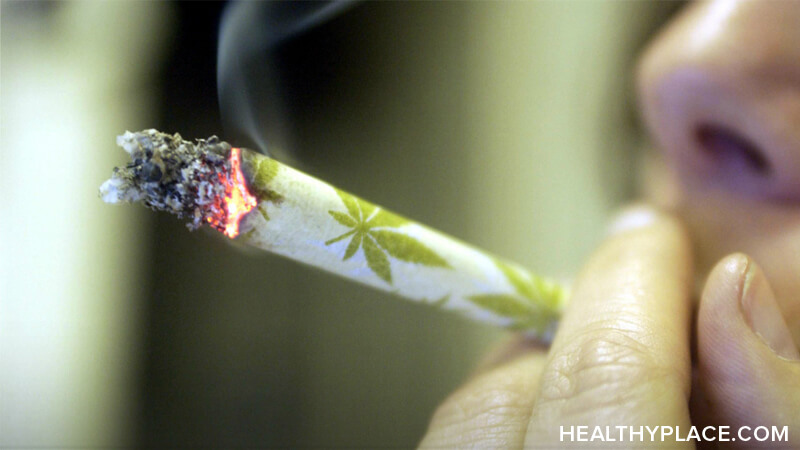Short-Term and Long-Term Effects of Weed (Marijuana)

Marijuana is a psychoactive drug made from the cannabis plant; its active compounds are known as cannabinoids. Marijuana is known by many names including weed, pot and Mary Jane (read: what is marijuana). There are both long term effects of marijuana and short term effects of marijuana due to its many cannabinoids.
Many, but not all, of the short term marijuana effects are considered pleasant but most of the long term effects of weed are not desirable. Long term effects of marijuana use are seen in the brain, heart, lungs and daily life.
Short Term Effects of Weed (Marijuana)
Short term effects of weed are both pleasant and unpleasant and short term marijuana effects are not the same for everyone. Short term marijuana effects vary depending on the person's size, experience with the drug, the amount of drug consumed and individual physiology.
Desirable short term effects of weed are generally characterized as a "high." Pleasant short term marijuana effects include:1
- Euphoria, intoxication
- Relaxation, detachment, decreased anxiety and alertness
- Altered perception of time and space
- Intensified experiences
- Laughter, talkativeness
However, while those short term effects of weed are pleasant, short term effects of weed also include:
- Depression (depression and marijuana), anxiety (anxiety and marijuana), panic, paranoia
- Amnesia, confusion, delusions, hallucinations, psychosis
- Mania
- Short term memory impairment
- Sudden increase in heart rate, at risk for heart complications
- Dizziness, lack of coordination and muscle strength
- Lethargy
- Decreased concentration
- Slurred speech
It is also known that mental illness and marijuana use are linked, particularly to schizophrenia, but at this time it's not clear whether marijuana causes, exacerbates or is simply a predictor of mental illness. Even the short term effects of weed can include an increase in the severity of existing mental illnesses.
Long Term Effects of Weed (Marijuana)
Long term effects of weed tend to be more negative than the short term effects of weed. This is primarily because tolerance builds to the drug's effects and the user takes greater doses of marijuana, increasing the short and long term effects of weed as well as its potential for abuse. Once tolerance to the drug is achieved, one of the long term effects of weed becomes marijuana withdrawal after using it and during periods of abstinence.
Withdrawal effects of long term marijuana use include:2
- Irritability, anger, aggression, restlessness
- Depression, anxiety
- Stomach pain
- Decreased appetite, weight loss
- Tremor
- Sweating
- Drug craving
- Difficulty sleeping
Long term marijuana use can lead to negative effects on the brain that can affect memory and learning (read: brain effects of marijuana). When marijuana users were studied, long term marijuana use effects included:3
- Inability to focus, concentrate and retain information
- Decreased math and verbal skills
Other parts of the body are also affected by the long term effects of weed. The immune, reproductive and respiratory systems are most likely to show long term marijuana use effects. Long term effects of weed include:
- Cough, wheezing and phlegm production
- Increased risk of cancer
- Frequent chest illness including lung infections
- Impaired immune system
- Alter hormones and disrupt menstruation cycles
- Negatively impact male and female fertility
- Negative impact on birthweights and cognition and increased risk of cancer for children born to marijuana-using mothers
- "Flashbacks" of drug experiences while not using
- Paranoia, panic disorder, fear
APA Reference
Tracy, N.
(2021, December 15). Short-Term and Long-Term Effects of Weed (Marijuana), HealthyPlace. Retrieved
on 2026, March 5 from https://www.healthyplace.com/addictions/marijuana-addiction/short-term-and-long-term-effects-of-weed-marijuana



